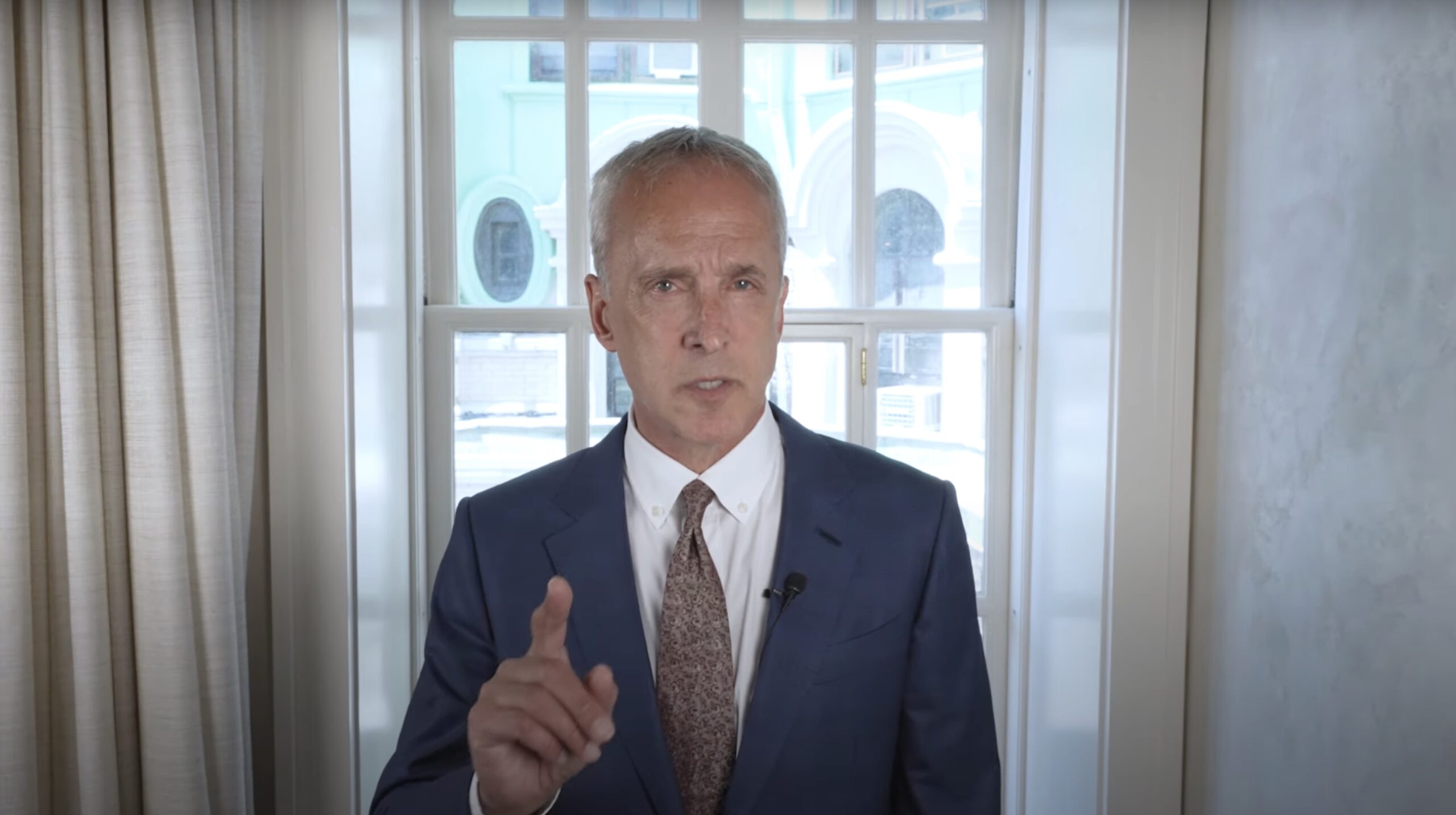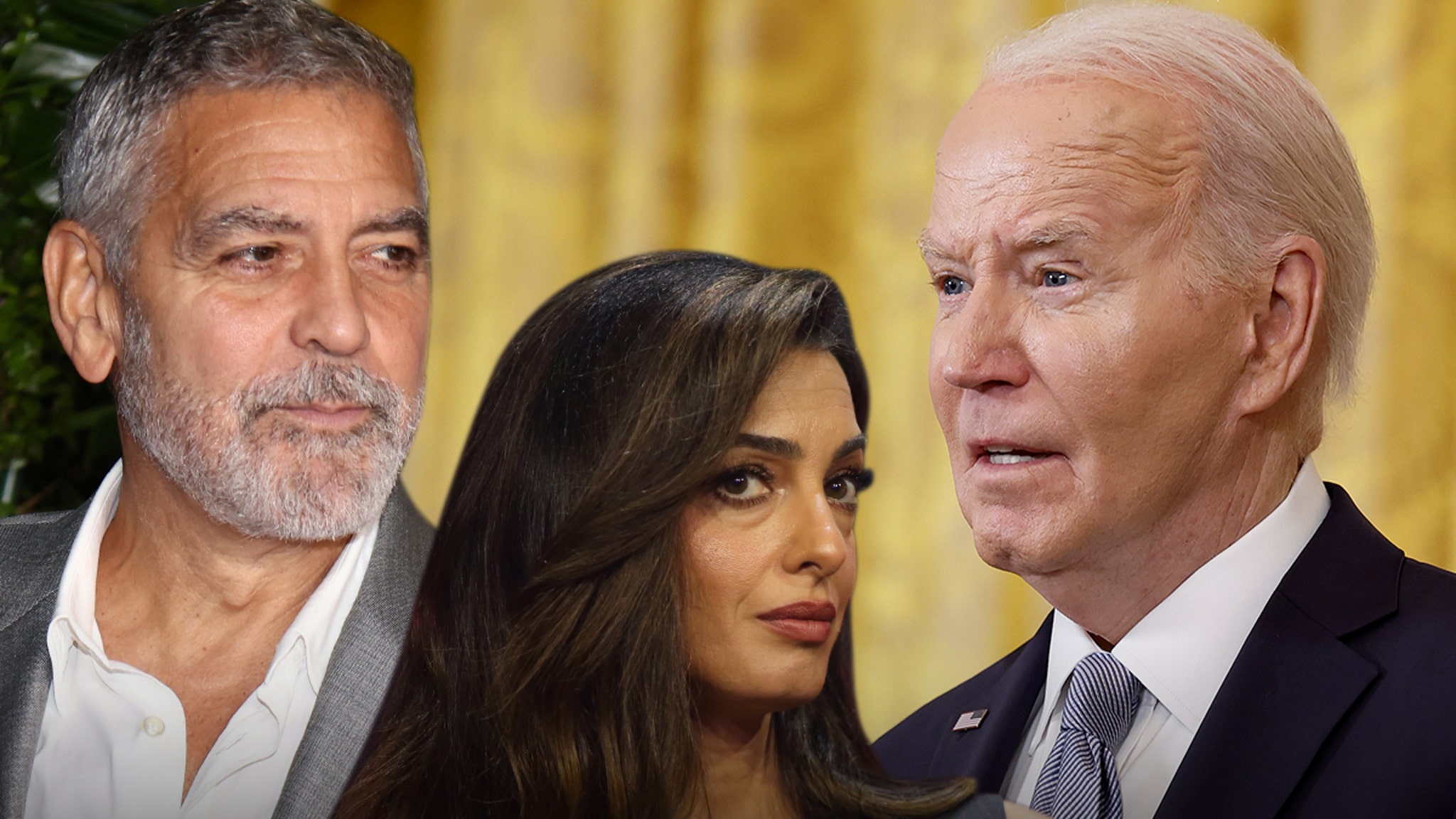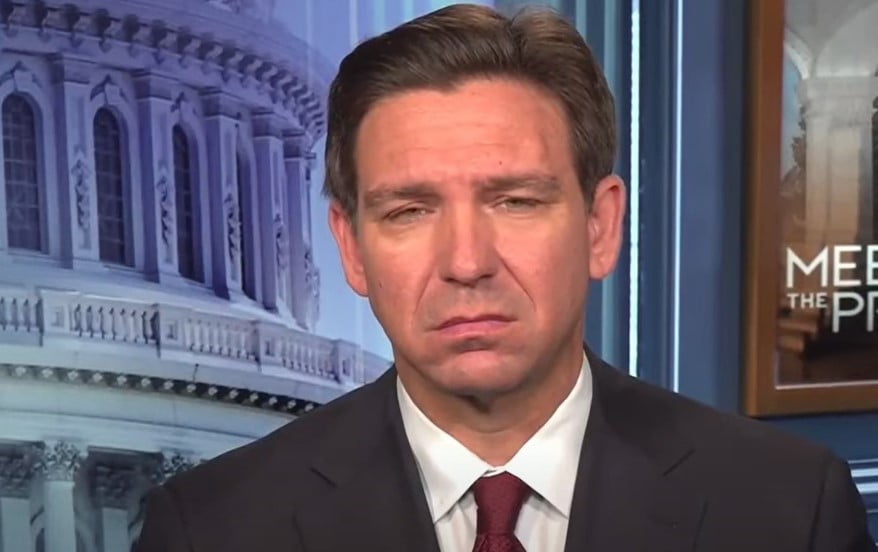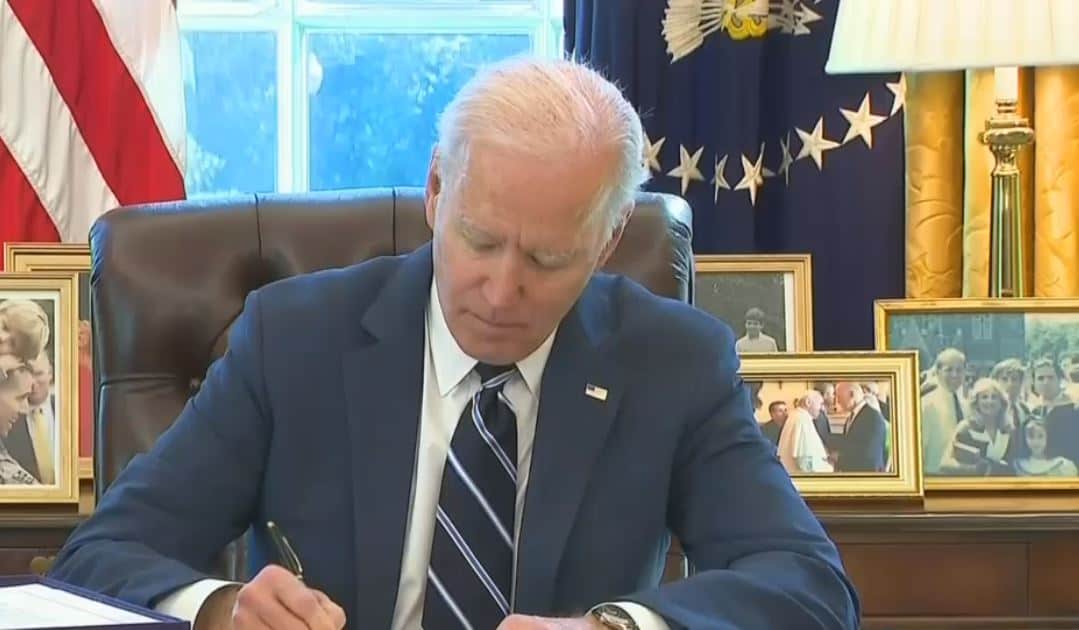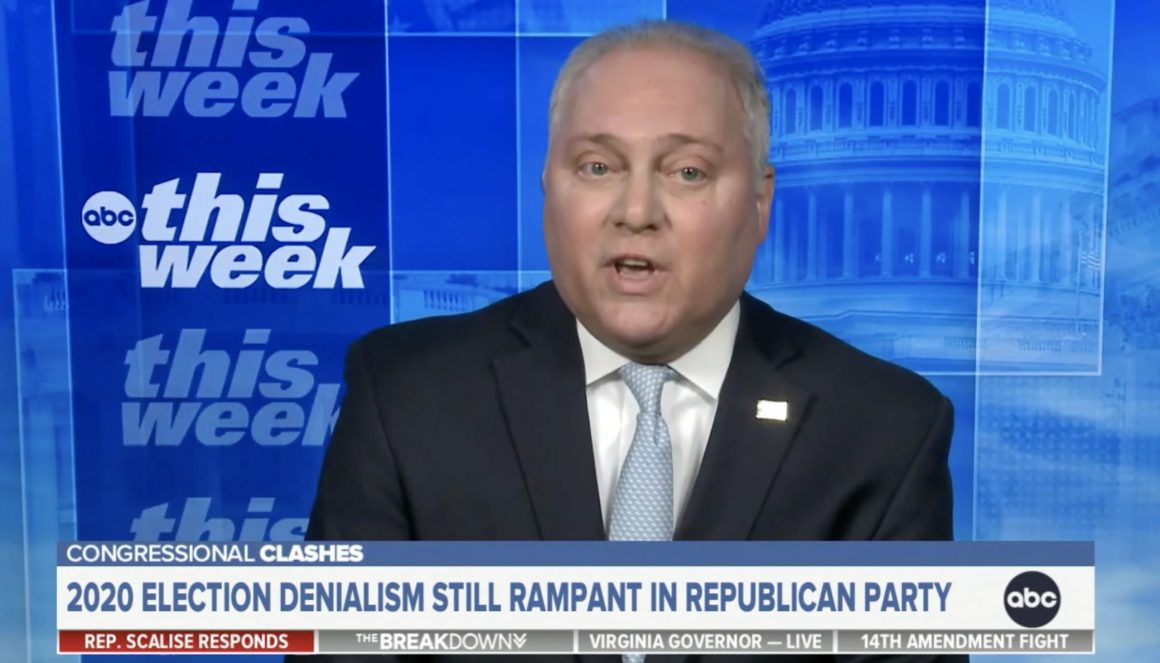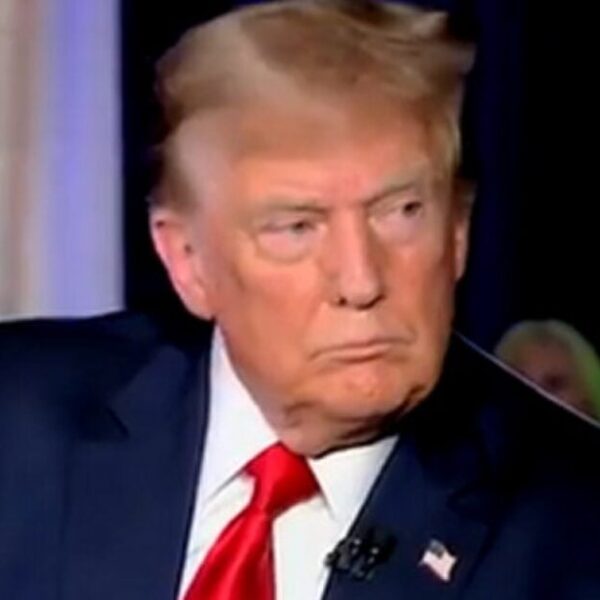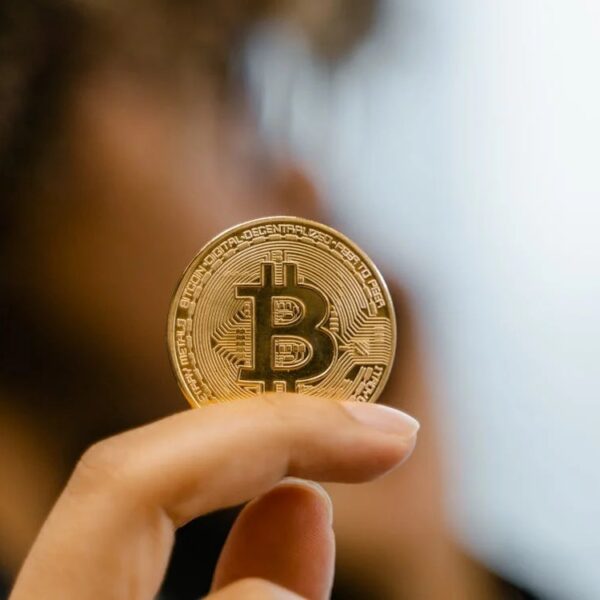
Yale Law Professor Jed Rubenfeld, a prominent legal scholar known for his work in constitutional law, privacy rights, and the First Amendment, has provided a legal roadmap for Donald Trump’s attorneys to potentially overturn the former president’s ‘guilty’ verdict before the crucial 2024 election.
In a recent video, Rubenfeld begins by explaining the complexities of the case.
“Nobody wants it to be the rule in America that if you’re a former president or if you’re running for President, you become a target for criminal prosecution,” said Rubenfeld.
Trump was found guilty of allegedly falsifying business records to conceal a second crime. The crux of the prosecution’s argument was that Trump’s reimbursements to his lawyer, Michael Cohen, a convicted perjurer, for hush money paid to Stormy Daniels were falsely recorded as legal expenses. The prosecution argued that these payments were campaign expenses meant to influence the 2016 election.
For the record, Jed Rudenfeld represented Robert Kennedy’s Children Health Defense, The Gateway Pundit’s Jim Hoft, and several other independent voices in an antitrust lawsuit against members of the Trusted News Initiative back in 2023.
Rubenfeld points out that while paying hush money is not illegal, falsifying business records is. The complication arises from the necessity of proving a second crime that Trump was allegedly trying to conceal.
The prosecution suggested multiple theories, including New York tax violations and federal campaign finance violations, but did not definitively commit to any single one during the indictment.
Rubenfeld: “The prosecution says yes, those are false statements. Why? Because the payments were hush money payments and, more specifically, they were campaign expenses made to further his campaign. They weren’t legal expenses; they were hush money campaign expenses.
On the other side, Trump’s people say, ‘What are you talking about? Those are payments made to Trump’s lawyer for services he performed as a lawyer. Those are legal expenses.’ Believe it or not, you’ve got to answer that first question. If you think those were legal expenses, then there was no false business record, and Trump should not have been convicted.
But lots of people believe, as the prosecution said, that no, those were hush money campaign expenses, not legal expenses, so they were false. Okay, that’s step one, because Trump was not charged only with falsification of a business record. He was charged with falsifying a business record to conceal a second crime that he had already committed. That’s how the charges become felony charges.
If you’re wondering, it’s because he spaced out the payments over 12 months, generating three business records each time—almost three, you get to 34 counts of false business records. You may have read there are 34 counts. That’s the 34 counts.
But then the question is, what second crime is the state saying that he was trying to conceal through these allegedly false business records? So, it’s a two-step crime: falsifying business records in order to conceal a second crime that he had already committed.
So, what was the second crime? Well, that’s where things get tricky because the indictment didn’t say. The indictment said that he falsified business records to conceal a second crime, but it never said what the second crime was. And to this day, a lot of people are unsure what the jury thought because what the state did was it did not commit itself to what the second crime might be.”
Rubenfeld suggests that if he were representing Trump, he would challenge the conviction on several constitutional grounds.
Rubenfeld identifies three major constitutional challenges that Trump’s legal team could leverage:
- Selective Prosecution: Rubenfeld argues that if the prosecution was politically motivated, it constitutes unconstitutional selective prosecution. However, proving this requires demonstrating that other comparable cases were treated differently due to political biases.
- Defective Indictment: The indictment failed to specify the second crime Trump was allegedly concealing, which Rubenfeld asserts violates the Sixth Amendment. The Sixth Amendment guarantees a defendant’s right to be informed of the nature and cause of the accusations against them.
- Unanimity of the Jury: The judge in the case allowed the jury to convict without unanimously agreeing on which specific law Trump violated, which could also be unconstitutional. The requirement for jury unanimity is a fundamental principle in both state and federal prosecutions.
Rubenfeld outlined the timeline and process ahead: “Now, when is sentencing scheduled for? Well, Judge Merchan has set it for July 11th. Will something happen between then and now? Yes. Trump’s team will ask for a judgment notwithstanding the verdict.”
“They’ll ask for Judge Merchan to throw out the jury’s verdict and find Trump innocent despite the verdict, and Judge Merchan will turn that down,” Rubenfeld said. “Then there will be arguments about what the sentence should be briefing on both sides, possibly even a hearing. Then on July 11th, sentencing will be announced. And at that point, that triggers the Trump team’s right to appeal.”
The appeal would first go to New York’s appellate level court before potentially reaching New York’s highest court, the Court of Appeals. From there, the case could ascend to the Supreme Court.
However, Rubenfeld identified a significant issue with this approach: time. The entire appeals process could take years, potentially influencing the outcome of the upcoming election due to perceptions around Trump’s ‘felon’ status.
“There are surveys, many polls in which a substantial number of American voters say they will not vote for Trump if he is convicted of a felony. Many independents say that, many Republicans even say that,” Rubenfeld said.
“If that’s true, an unlawful conviction in this case could interfere with and in fact decide the outcome of the next election of the next President of the United States”
Rubenfeld suggested an alternative course of action: file a federal lawsuit to seek an emergency temporary restraining order.
Rubenfeld: “Believe it or not, there is one other avenue that the Trump lawyers could pursue. They could sue in federal court and ask for an emergency, temporary restraining order. Restraining order of what? Well, let me tell you something that you might not know. You’ve probably been reading in the press if you’ve been reading about this case, that Trump is already a convicted felon. The jury has convicted him. He’s a convicted felon. Well, guess what? That’s not true.
You’re not a convicted felon because of a jury verdict; you’re not convicted unless the judge enters a judgment of guilt against you. The judge still has the power, as I told you before, to throw out that verdict and enter a judgment of acquittal.
You are not convicted until the judge enters that judgment of guilt. Now, in New York, it’s very likely that Judge Mershon will enter that judgment of guilt against Trump on the same day that he issues sentencing, that’d be July 11th.
So, what would this federal case be about? In this federal action, Trump would sue Judge Bragg and other state actors and ask the federal judge for an emergency, temporary restraining order halting Judge Mershon from entering that judgment of guilt until the federal courts have had an opportunity to review and rule on the serious constitutional arguments that exist here.
Let me tell you why I think that might be a very important thing to happen. Because going after a former President of the United States and somebody who is running for President now, that’s a very bad look for this country.
It’s an especially bad look when the folks bringing the case and the judge deciding it are members of the opposing political party. It’s an even worse look when the crime is so unclear that the state is ‘hiding the ball’ about what the actual charges are right up through the trial, and indeed into the trial.
And even now, we don’t know exactly what the jury found Trump guilty of. If you’re going to go after a former president and somebody who’s running for president now, the poll-leading candidate, if you’re a member of the other party and you’re going to do that, you better have the goods.”
WATCH:

